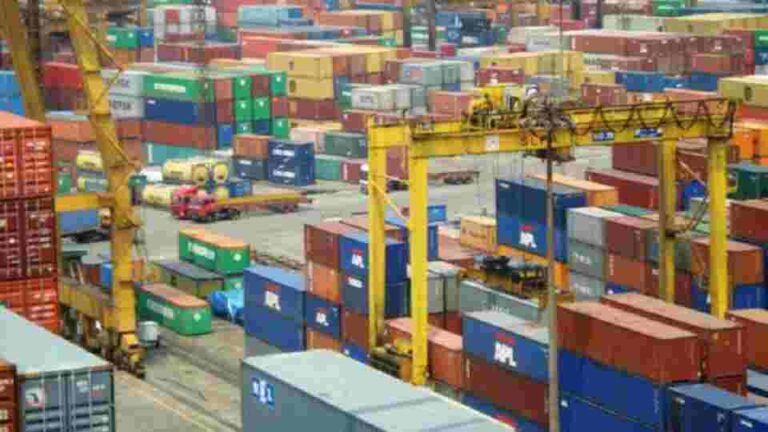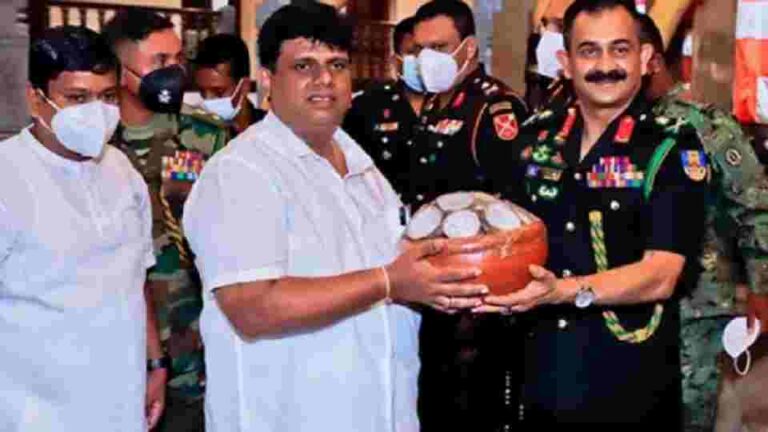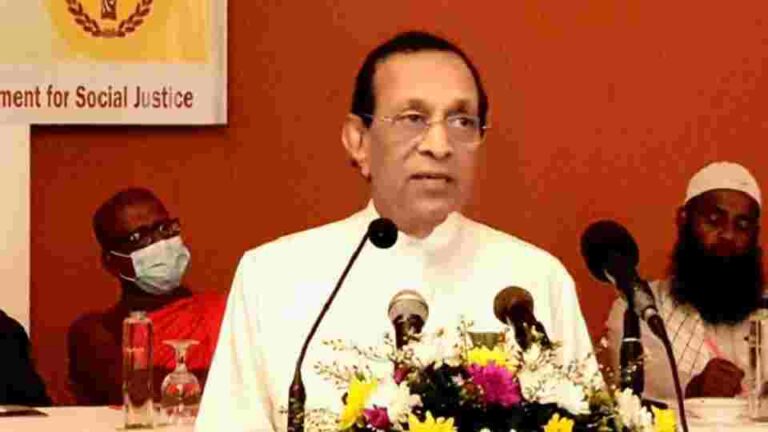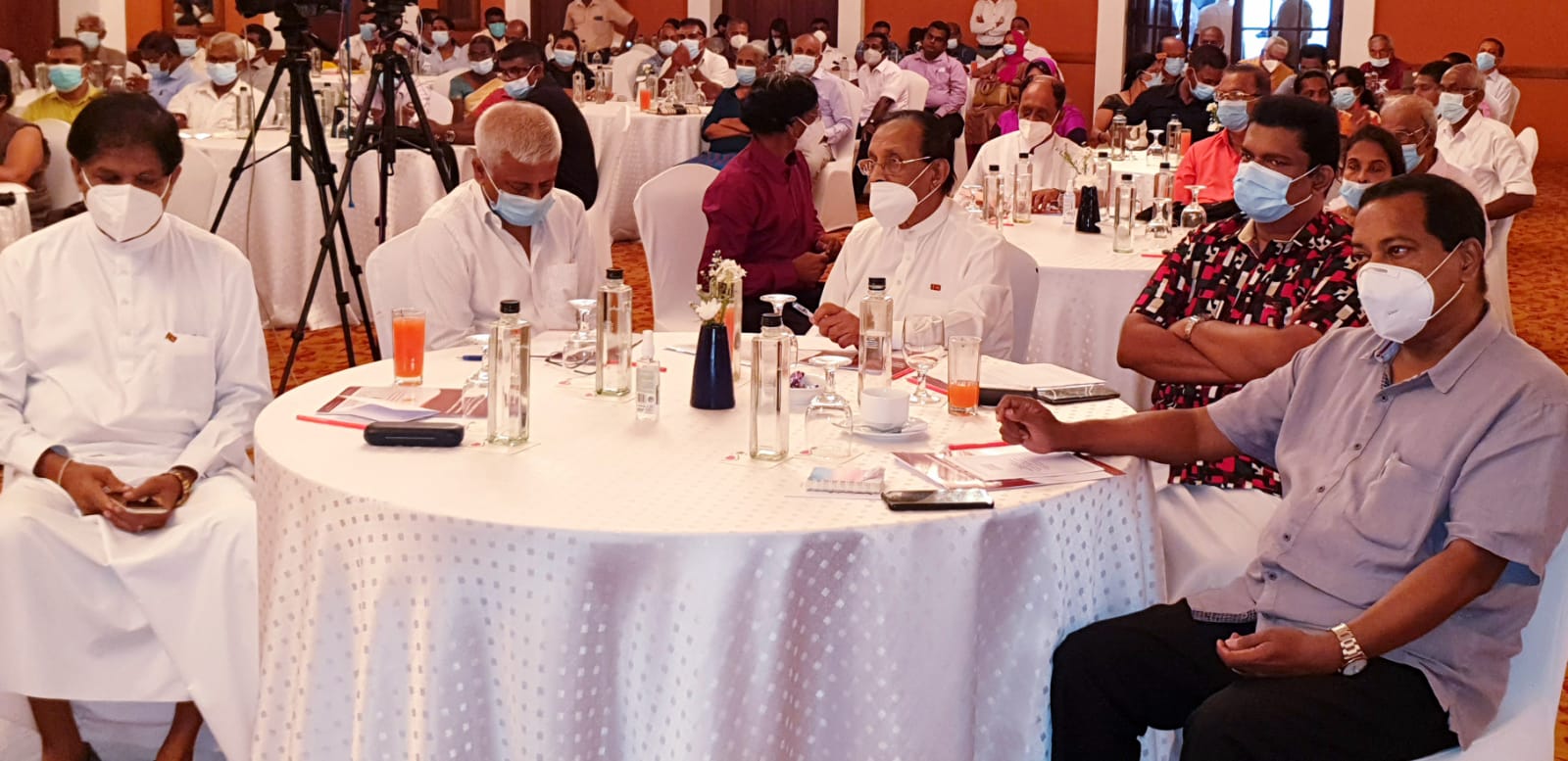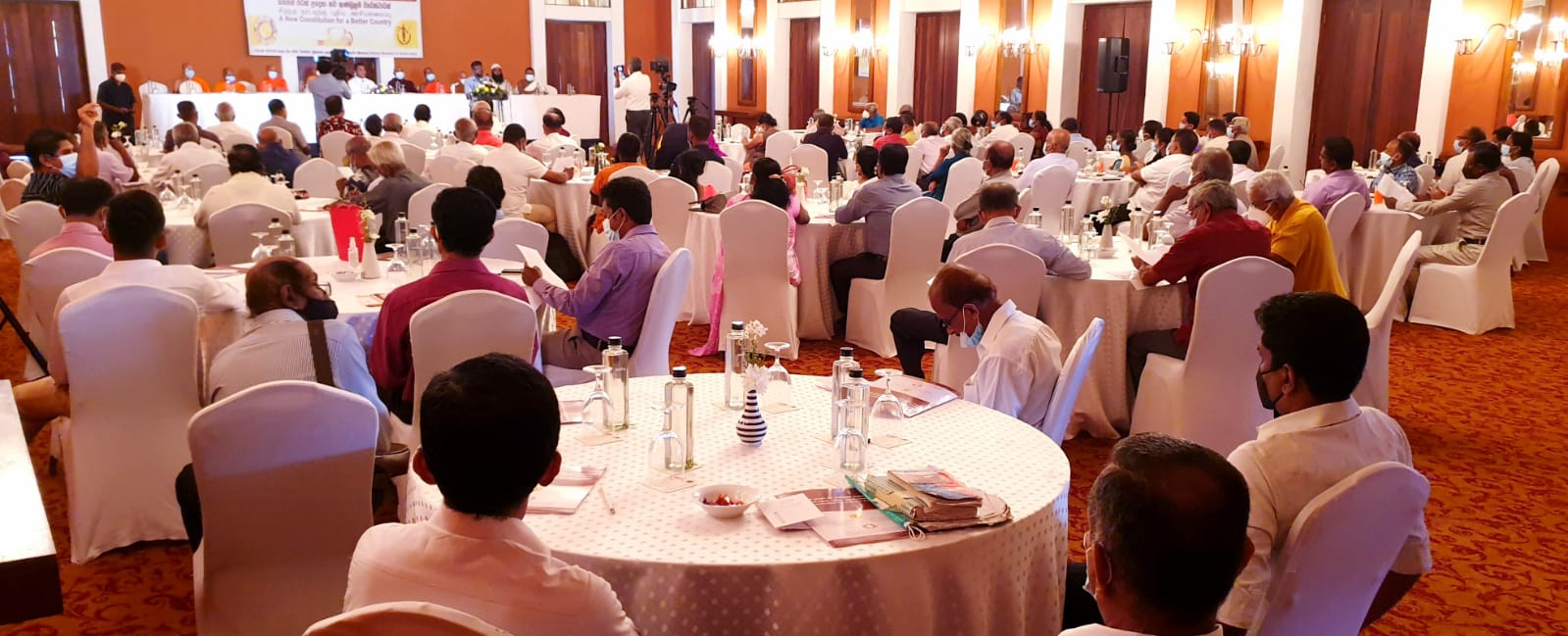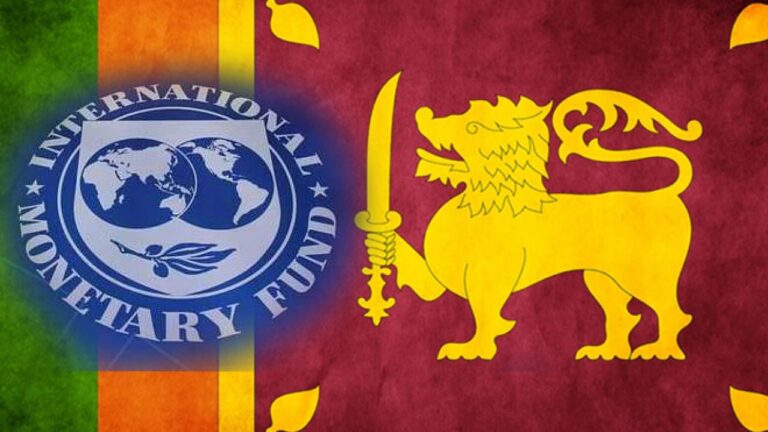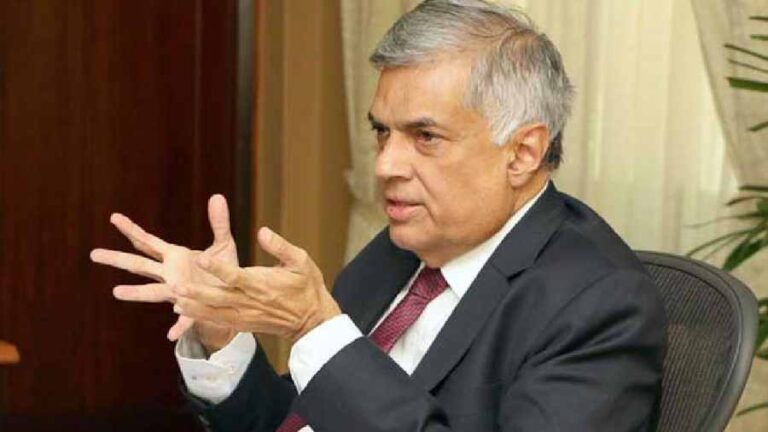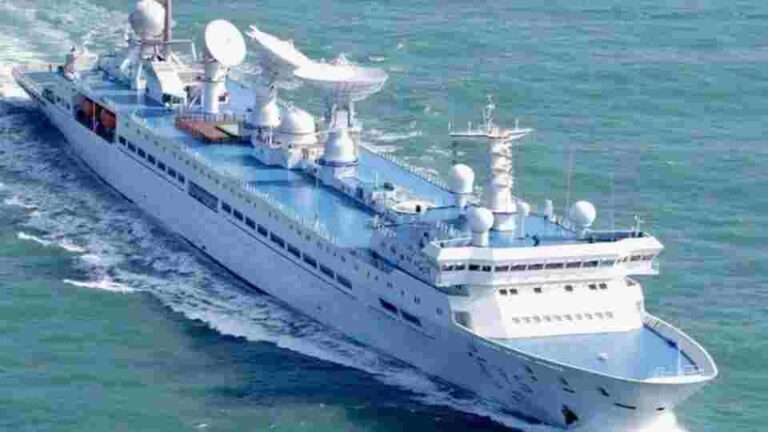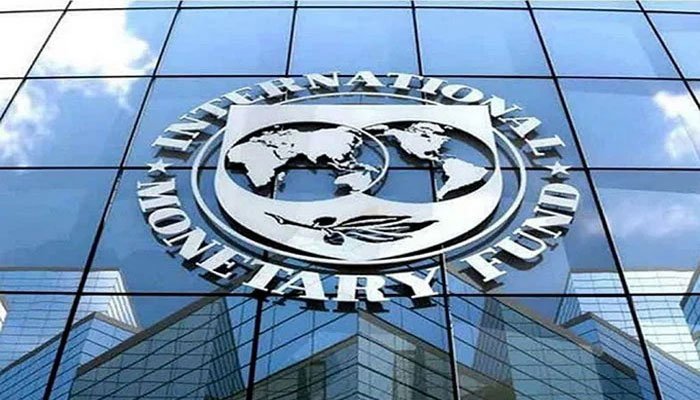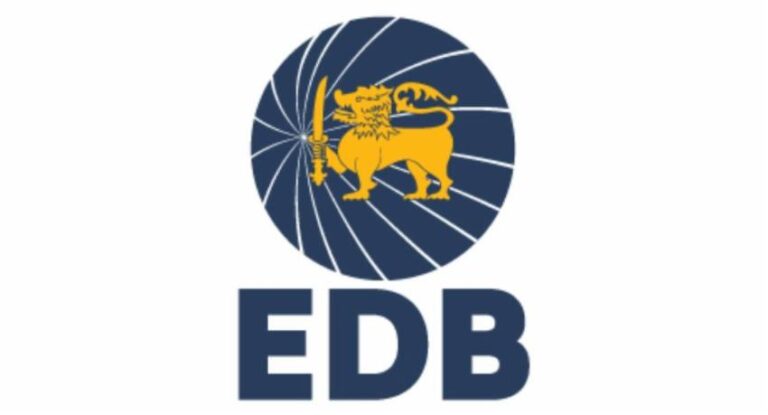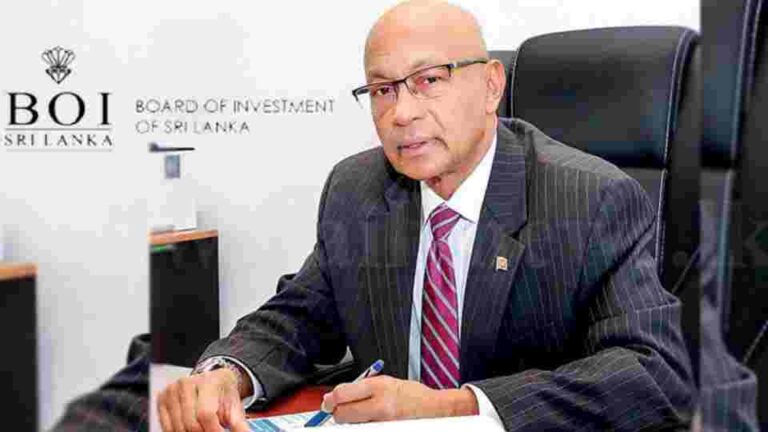The Army repeating its annual practice of offering free dried coconuts (Copra) that can be used to light up and for illuminations of the Sri Dalada Perahera July (29) handed over a stock of 15 tons of Copra to the chieftain (Diyawadana Nilame) of the Sri Dalada Maligawa (Temple of Tooth) for the 9th consecutive year during a simple ceremony, graced by Lieutenant General Vikum Liyanage, Commander of the Army.
The Vijayabahu Infantry Regiment (VIR) troops of the VIR Regimental Centre at Boyagane, Kurunegala, situated in a grove of coconut trees have been instrumental in preparing those dried coconut stocks for this exclusive religious need every year, adhering to age-old traditions of ancient royalties who had reportedly continued to provide the parading torch bearers with Copra to lighten up the entire procession.
Lieutenant General Vikum Liyanage, Commander of the Army, together with Mrs Janaki Liyanage, President, Army Seva Vanitha Unit at the invitation of Major General Nishantha Manage, Colonel of the Regiment VIR and Director General General Staff (DGGS) offered the first tray of Copra symbolically to the lay custodian of the temple, Mr Pradeep Nilanga Dela Bandara, Diyawadana Nilame soon after performance of religious observances amid customary Theva (daily service) rituals.
Buddhist flags and lotus trays-carrying troops in procession brought the Copra stock to the Dalada Maligawa premises at first where the Diyawadana Nilame offering a tray of jasmine flowers welcomed the Commander of the Army and invited him to the inner chamber.
After the formal handover was over, a brief meeting inside the Buddhist museum, led by the Diyawadana Nilame and the Commander of the Army exchanged a few views about the conduct of the forthcoming Esala Perahera, its security arrangements and other matters of concern. The chieftain in turn appreciated the Army’s continued commitment to this indispensable need of the annual festival and expressed his gratitude to all involved in the process of preparation of those dried coconuts.
Towards the end, the Diyawadana Nilame awarded a special memento to the Army Chief, Lieutenant General Vikum Liyanage for this ‘Ranaviru Uttama Seva Poojawa’ and appreciated the contribution of the troops.
The conduct of the annual Sri Dalada Perahera festival, set to begin in a few days is considered and venerated as the most sacred offering to the canine tooth relic of the Buddha, a living monument that has been preserved for many generations by successive royalties and heads of state in Sri Lanka. All Devala processions, accompanying the main spectacle are also provided with those Army-processed dried coconuts for flaming purposes.
Since the year 2014, preparation of those dried coconuts to be used as lamps for the Perahera has been done by VIR troops as a token of respect to the annual Esala Perahera event in Kandy. Coconuts from VIR groves are collected and used for this sacred purpose throughout the year with the dedication and commitment of VIR troops, resident in the VIR Regimental Centre at Boyagane.
Major General Nishantha Manage, Colonel of the Regiment VIR and Director General General Staff, Major General Prasanna Ranawaka, Quarter Master General, Major General Deepal Pussella, Commander, Security Forces-West, Major General Indu Samarakoon, Army Logistic Commander, Senior Officers including the VIR Centre Commandant and Other Ranks were associated with the day’s programme
SL Army

